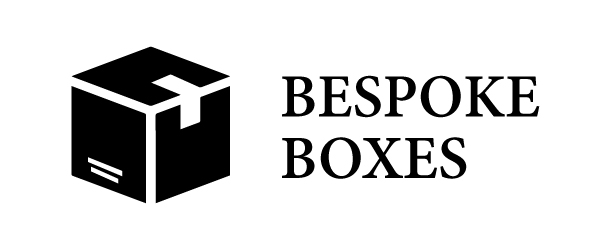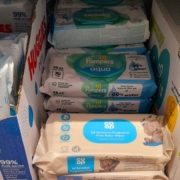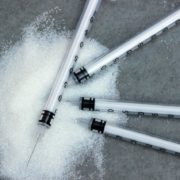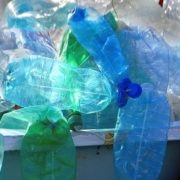Keep it Clean
According to Defra Beach Litter Monitoring Data, every 100 meters of British beach contains an average of 20 waste wet wipes. So a product designed to keep up clean requires a clean-up operation on our shores. Unfortunately, many wet wipes contain plastic, so they don’t biodegrade. Once on the beach, there is a high chance of them floating out to sea and adding to the pollution in our waters.
This environmental issue has driven a UK-wide decision to ban wet wipes that contain plastic. Announced on 22 April, the ban will come into force before the end of the year. However, all producers will be given 18 months to switch to alternative, biodegradable materials before the ban is enforced.
Plastic-free Wet Wipes
The best option is to find alternatives to wet wipes, face wipes and surface wipes for cleaning. However, they are convenient, so if you do use them, please check the packaging for environmental credentials.
Fortunately, there are already plastic-free brands on the market, showing it is viable to produce non-plastic wet wipes. If you want to keep yourself and the beaches clean, brands selling plastic-free wipes include Cheeky Panda Bamboo wipes, Natracare Organic Cotton wipes and Mum & You wipes, which are claimed to compost in 3 days.
Clean Up Your Act – Don’t Flush!
No matter which wet wipes you use, it is important not to flush them. As UK sewers are not designed for wipes, flushing them down the toilet is a major cause of blocked pipes. With 2-3 billion wipes estimated to be entering the water system every year, it’s easy to see how they build up and cause a problem. So, help to keep pipes and waterways clean by disposing in a bin.








